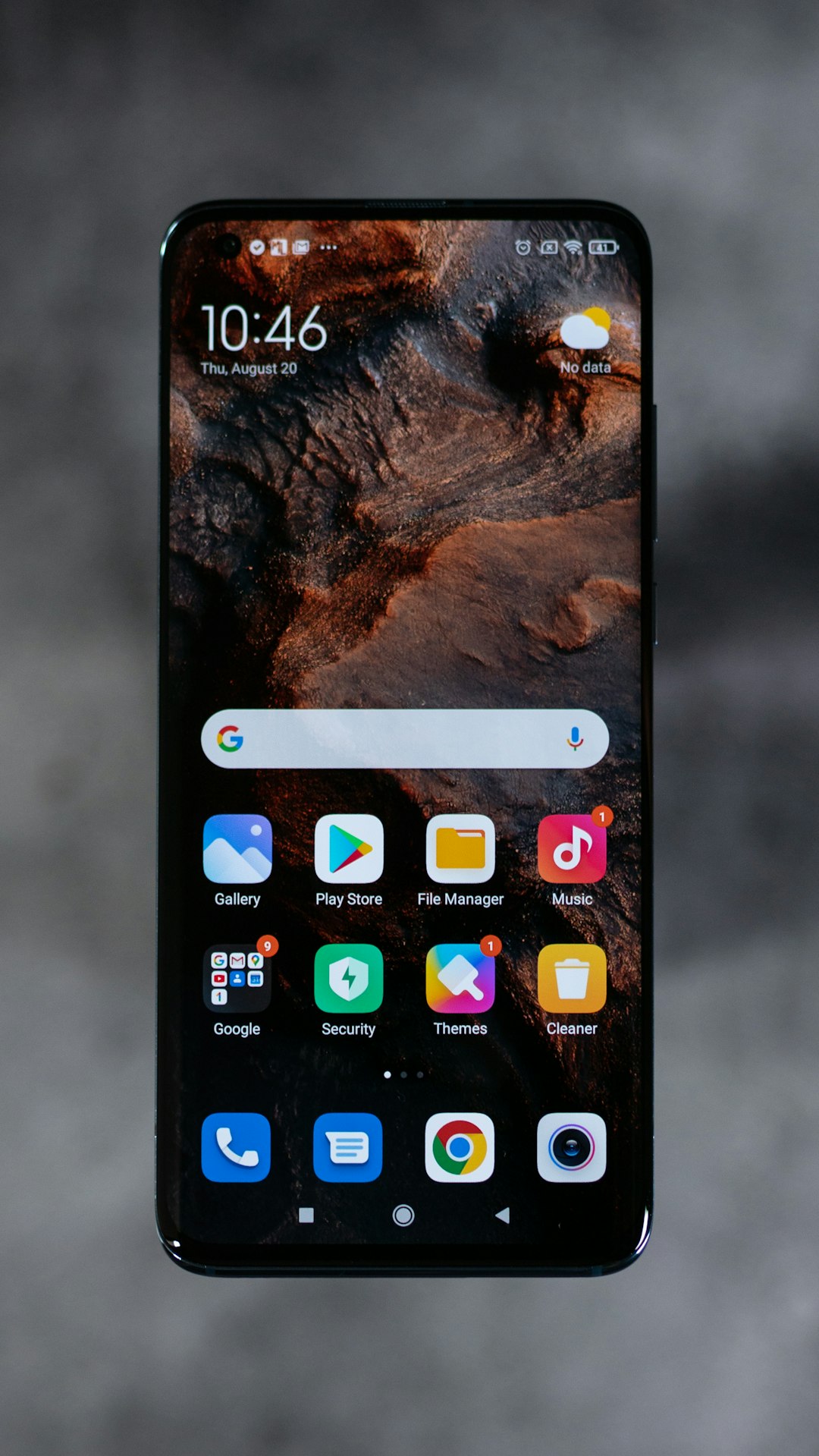Houston residents face a growing crisis of intrusive robocalls and texts from telemarketers and scammers, disrupting daily life. Federal and state laws like the TCPA and Texas's Deceptive Telemarketing Practices Act protect against unwanted communication, with registration on the National Do Not Call Registry and app-based blocking as additional safeguards. Specialized Do Not Call apps use smart detection and community reporting to combat malicious calls, offering easier privacy management.
Houston residents face a relentless onslaught of robocalls and unwanted texts, disrupting daily life. This guide explores the growing crisis and offers legal protections available to Houstonians under Texas law. We delve into the most effective apps designed to block these nuisance calls and messages, empowering you to reclaim control over your communication channels without resorting to costly Do Not Call law firm registrations.
Understanding the Robocall and Texting Crisis in Houston

Houston, like many urban centers across the country, has grappled with an escalating crisis of unwanted robocalls and texts. This deluge of intrusive communication, often from telemarketers or scammers, has frustrated residents, disrupting their daily lives and safety. The sheer volume of these calls and messages can be overwhelming, making it difficult for Houstonians to stay connected while also exposing them to potential fraud and identity theft risks.
The problem is further compounded by the persistence of law firm robocalls, which have become a ubiquitous nuisance. Many local residents have expressed frustration with these repetitive calls from law firms they’ve never contacted, often promoting non-existent legal services or claiming there’s a problem with their financial records. These calls are not only irritating but also indicative of a larger issue – the need for robust protection against unwanted communication in the modern digital age.
Legal Protections for Houston Residents Against Unwanted Communications

Houston residents are protected by both state and federal laws regarding unwanted communication, particularly from robocalls and automated texts. The Telephone Consumer Protection Act (TCPA) is a federal law that prohibits companies and individuals from making telemarketing calls or sending text messages to people who have not given explicit consent. This includes do-not-call lists and the ability for recipients to opt-out of future communications.
In Texas, the state’s Deceptive Telemarketing Practices Act reinforces these protections, with additional provisions against certain types of robocalls. Houston residents can take advantage of these legal safeguards by registering their phone numbers on the National Do Not Call Registry and reviewing privacy settings on their devices to restrict unwanted communications. For those who feel their rights have been violated, there are legal remedies available, including the ability to file a complaint with the Federal Trade Commission (FTC) or seek compensation through class-action lawsuits against companies engaging in deceptive or harassing practices, such as Do Not call law firms Houston.
Top Apps to Block Robocalls and Texts: A Comprehensive Guide

In today’s digital era, the rise of robocalls and unwanted texts has become a ubiquitous nuisance for many Houston residents. Fortunately, there are several robust apps designed to combat this issue effectively. These applications leverage advanced technology to filter out malicious calls and messages, providing users with much-needed peace of mind. One popular choice is Do Not Call apps specifically tailored for the Houston area, which often incorporate features like smart call identification and personalized blocking lists.
Among the top contenders, apps that target robocalls and unwanted texts offer comprehensive solutions. They not only block calls from known spam sources but also learn to recognize new patterns over time. Some advanced platforms even allow users to report suspicious numbers, contributing to a dynamic database that helps protect the entire Houston community. Moreover, these apps often come with user-friendly interfaces, making it easy for folks to manage their privacy settings and customize their blocking preferences.






